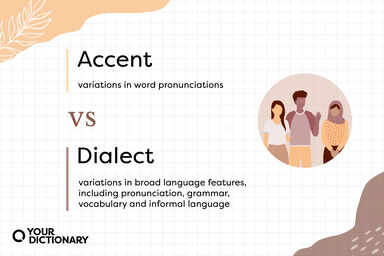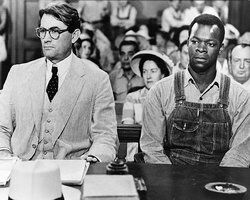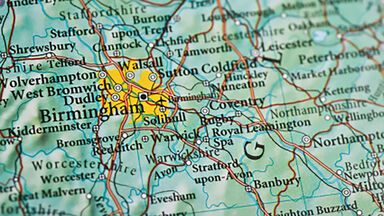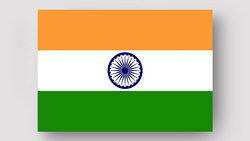Dialect Definition
Other Word Forms of Dialect
Noun
Origin of Dialect
-
From Middle French dialecte, from Latin dialectos, dialectus, from Ancient Greek διάλεκτος (dialektos, “conversation, the language of a country or a place or a nation, the local idiom which derives from a dominant language”), from διαλέγομαι (dialegomai, “I participate in a dialogue”), from διά (dia, “inter, through”) + λέγω (legō, “I speak”).
From Wiktionary
-
French dialecte from Old French from Latin dialectus form of speech from Greek dialektos speech from dialegesthai to discourse, use a dialect dia- between, over dia– legesthai middle voice of legein to speak leg- in Indo-European roots
From American Heritage Dictionary of the English Language, 5th Edition
Dialect Is Also Mentioned In
Find Similar Words
Find similar words to dialect using the buttons below.





